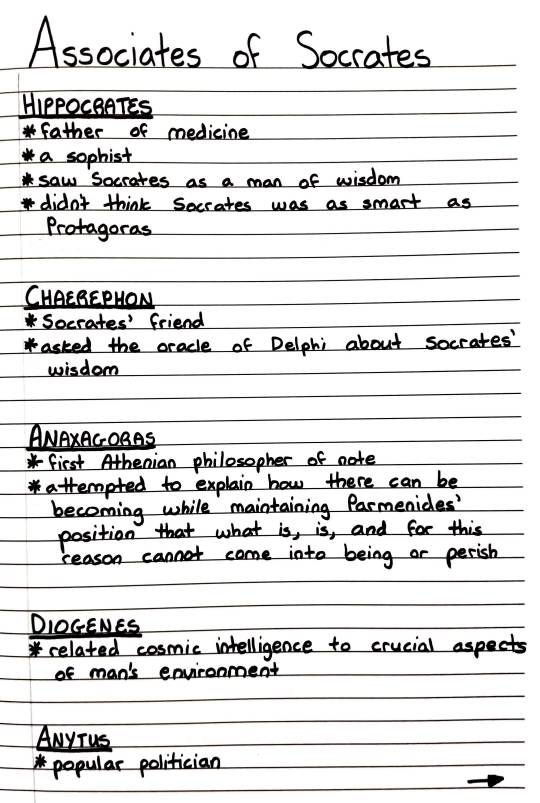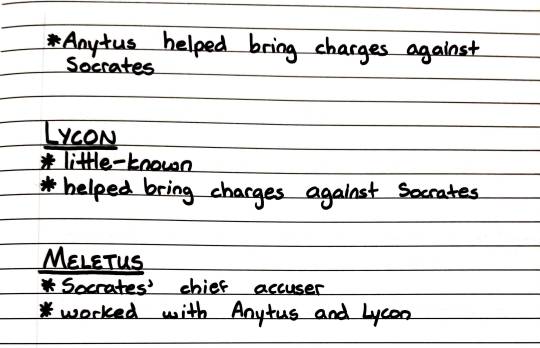#Hippocrates
Quote
The natural healing force within each of us is the greatest force in getting well.
Hippocrates
#Hippocrates#motivation#quotes#poetry#literature#relationship quotes#writing#original#words#love#relationship#thoughts#lit#prose#spilled ink#inspiring quotes#life quotes#quoteoftheday#love quotes#poem#aesthetic
150 notes
·
View notes
Quote
The natural healing force within each of us is the greatest force in getting well.
Hippocrates
#Hippocrates#motivation#quotes#poetry#literature#relationship quotes#writing#original#words#love#relationship#thoughts#lit#prose#spilled ink#inspiring quotes#life quotes#quoteoftheday#love quotes#poem#aesthetic
123 notes
·
View notes
Text
Before you heal someone, ask him if he's willing to give up the things that make him sick.
Hippocrates
#hippocrates#quotes#philosophy#wisdom#life#writer#psychology#write#ancient greeks#ancient greece#idea#ideas#art#artist
151 notes
·
View notes
Text

#ayahuasca#plant medicine#psychoactive substances#consciousness#vision#enthogenics#shaman#shamanism#spirituality#hippocrates#medicine plants#plant medicines#medicine#amazonia#quantic healing#self healing#healing#healingjourney
120 notes
·
View notes
Quote
The natural healing force within each of us is the greatest force in getting well.
Hippocrates
#Hippocrates#motivation#quotes#poetry#literature#relationship quotes#writing#original#words#love#relationship#thoughts#lit#prose#spilled ink#inspiring quotes#life quotes#quoteoftheday#love quotes#poem#aesthetic
280 notes
·
View notes
Text
wish Hippocrates was here to witness my dermatologist tell me my skin is "totally fine for 29." he'd be shaking he'd be so furious
23 notes
·
View notes
Text

// Art: “Sailing Ship In Storm” by Frederic Roux
“Before you heal someone, ask him if he's willing to give up the things that make him sick.”
— Hippocrates
#hippocrates#literature#lit#literature quote#literature quotes#literature lover#philosophy#philosophical#philosopher#philosophers#philosophy quotes#philosophy of life#quote#quotes#excerpts#excerpt#booklover#book#bookworm#books#book quotes#book quotations#art#artwork#classical art#classical painting
45 notes
·
View notes
Quote
The natural healing force within each of us is the greatest force in getting well.
Hippocrates
#Hippocrates#motivation#quotes#poetry#literature#relationship quotes#writing#original#words#love#relationship#thoughts#lit#prose#spilled ink#inspiring quotes#life quotes#quoteoftheday#love quotes#poem#aesthetic
90 notes
·
View notes
Quote
The natural healing force within each of us is the greatest force in getting well.
Hippocrates
#Hippocrates#motivation#quotes#poetry#literature#relationship quotes#writing#original#words#love#relationship#thoughts#lit#prose#spilled ink#inspiring quotes#life quotes#quoteoftheday#love quotes#poem#aesthetic
70 notes
·
View notes
Text
Associates of Socrates


Patreon
#studyblr#notes#history#historyblr#western civ#western civilization#western civ 1#western civilization 1#socrates#ancient greece#greece#greek philosophy#philosophy#philosophers#introductory philosophy#greek philosophers#philosophers of ancient greece#ancient greek philosophers#lycon#meletus#diogenes#hippocrates#anytus#anaxagoras#chaerephon#ancient greeks#ancient history#greek history#ancient greek history#world history
9 notes
·
View notes
Text
Resident: Hippocrates said that, wherever there was pus, you had to drain.
Intern: See? Pop that pimple.
56 notes
·
View notes
Text

"there are in fact two things, science and opinion; the former begets knowledge, the latter ignorance." - Hippocrates
ancilla tilia
17 notes
·
View notes
Text
Why does @staff let people blatantly disrespect Jewish people and a whole nation of Israel and say stuff like “they shouldn’t even exist”
“Down with Israel”
“Death to Israel’s”
“They’re a menace” ect but y’all live blocking and deleting peoples accounts who haven’t even DONE or said anything remotely like that!!!!
I’ve seen more hate speech under the Israel/palestein tag than any other time ever!
#israel#Jewish people#tumblr#tumblr hipocacy#hippocrates#Jews#Hamas#palestein#hate speech#anti semitism#anti israel hate#tumblr staff#tumblr guidelines#wtf#wtf yo?!??
9 notes
·
View notes
Text
“Before you heal someone, ask him if he's willing to give up the things that make him sick.”
—Hippocrates
17 notes
·
View notes
Text
Paint it NERO!
No, nothing to do with the emperor who fiddled while Rome burnt. This is the final entry in the Cool Colours series on words that English derived from Latin and Greek colour words. So, tonight, you guessed it, we are going to PAINT IT BLACK! (yes, I am a Stones fan!).
Okay, we start with Latin. I am going to take a slightly different approach tonight and look at how the Latin for black (niger, nigra, nirgum) evolved into different modern European languages. These are all called the 'Romance' languages, but nothing to with love. It is because they derive from the language of the Romans. The most similar to the Latin original are the Poruguese, Spanish, and Romanian:
Spanish: negro, negra
Portuguese: negro, negra
Romanian: negru
The main change is that the 'i' in the Latin has changed to an 'e'. Note how Spanish and Portuguese have retained the masculine and feminine endings -o, and -a. The neuter (the '-um' in Latin) has disappeared.
Now, French and Italian represent interesting and slightly different example of linguistic evolution.
French: noir, noire
Italian: nero, nera
Once again, we see the masculine and feminine endings remain, but slightly different. The 'g' of the Latin has disappeared. This is not unheard of ease of pronunciation or pleasure of sound may explain this; the harder sound is dropped over time to leave the more pleasant, gentler nero, for example. In French, nigro (Latin ablative) became noir, a word still visibly connected to it Latin roots, just altered.
However, there may be something a little more complicated, but very, very interesting. Now, Latin is not the only ancient Italian language. Some of its own words come from these, or have combined as language evolves. And there are even examples where these non-Latin Italian languages have bequeathed us fascinating derivatives in their own right.
One of these languages was Umbrian, spoken by the central Italian peoples and closely connected to Oscan (more about these in a later post). In Umbrian, the word for black or dark seems to have been niru, very similar to modern French and Italian. This leaves us with questions. Was the Umbrian word the principal parent word of the French and Latin for black? Or did it combine with Latin as it evolved? Latin and Umbrian were likely connected either by Umbrian bequesting to Latin or via a connection to a mutual parent.
Isn't language amazing? Such a rich legacy from a famous ancient language, and one that has almost been forgotten.
So, now to Greek. Are you feeling a little down or sad? If so, you may be said to be feeling melancholy, in other words (and rather less poetically), you have a touch of black bile. The word comes from Greek as follows:
μελας, μελαινα, μελαν - black, dark
χολή - bile
So how do we get from black bile to a feeling of sadness? This goes back to ancient Greek medical theory. The theory of the four humours, an early holistic approach to understanding the funcitoning of the body and disease, often attributed to medical writer and thinker Hippocrates (yep, author of the oath which doctors still pledge allegiance to). The 'humours' corresponded to the four fluids of the body, of which black bile was one, accounting for certain diseases, but also feeling low. What a rich cultural history finding its origins in the early days of science?
And so, this article brings my series on Cool Colours, modern words from ancient Latin and Greek (primarily) for colour. I hope you have enjoyed it.
If you would like more content like this (language related) or would like more stuff generally about the ancient world and how it relates to our own, please DM me.
See you in my next series, whatever that may be!
#derivatives#latin language#ancient greek#romance languages#portuguese#spanish#romanian#italian#french#umbrian#Hippocrates#melancholy#humours#classics#ancient world
55 notes
·
View notes
Text
Life is short, the art long.
(Hippocrates)
34 notes
·
View notes